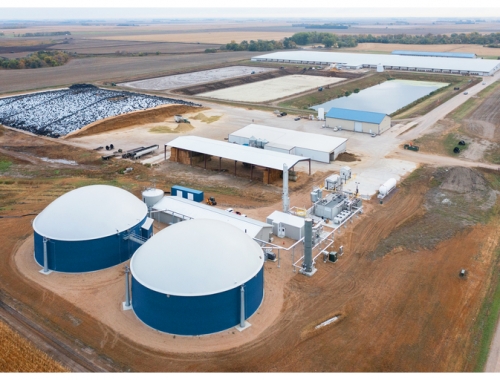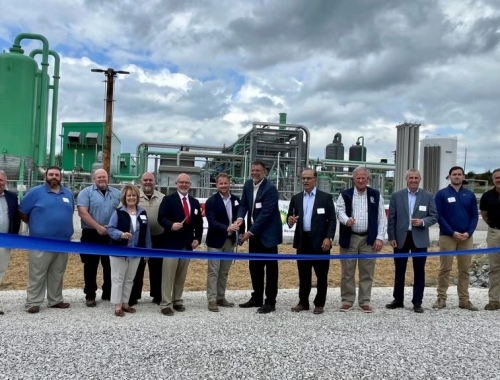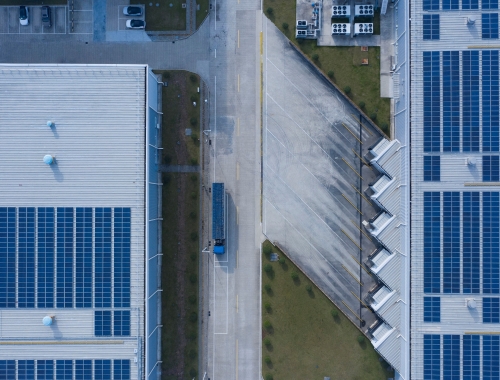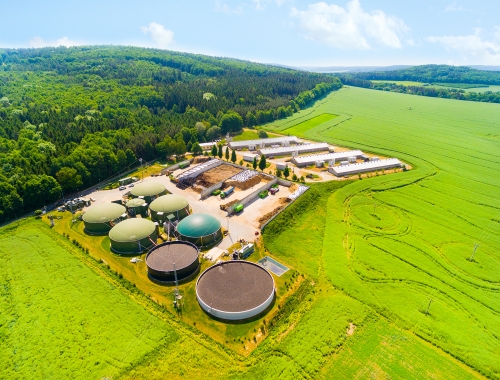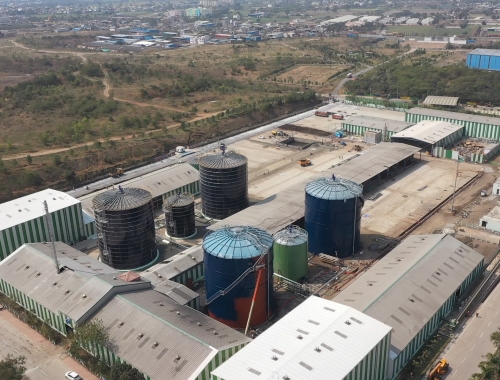Gulf CCS offers fast route to net-zero, US consumer group says
SUMMARY
The US House of Representatives' subcommittee has heard expert testimony on the potential of Gulf of Mexico CCS as a means of decarbonising heavy industry.
By Joseph MurphyCarbon capture and storage (CCS) in the Gulf of Mexico region offers one of the fastest routes to realising the US' net-zero ambitions, the Consumer Energy Alliance (CEA) said in a statement on April 28.
CEA issued its statement as the House of Representatives' subcommittee on energy and mineral resources heard expert testimonies on the potential of Gulf of Mexico CCS as a means of decarbonising heavy industry in the region. Among the experts was Timothy Meckel, a senior research scientist at the Gulf Coast Carbon Center at the University of Texas in Austin.
"It is important for the subcommittee to recognise that while CCS is a relatively new topic for the offshore, there are over 20 years of experience in developing and deploying CCS technology in the US," Merkel said.
Gulf of Mexico CCS could mitigate significant quantities of CO2 emissions, develop an industry that could retain and create long-term, high-paying jobs, and enable the repurposing of existing energy infrastructure. The science behind CCS is also mature, and although costs are high, tax credits could incentivise projects, he said.
Nichole Sanders, director at the Environmental Defense Fund, stressed that CCS should be employed as only one of many tools to decarbonise industry, and stressed the need for environmental justice and equity considerations to be central to project decision-making. She added that policies, incentives and regulatory programmes should be designed to ensure the environmental integrity and safety of these projects.
"In the absence of these conditions, carbon storage may fail to live up to its hoped-for promise," she said. "Currently, the US has an opportunity to showcase global leadership on this complex issue if it can meet these conditions."
"CCS technology is ready and able to help meet our shared environmental goals," CEA chief operating officer Andrew Browning commented. "Companies across the nation are now capable of providing innovative, rapid approaches to get closer to our net-zero goals without upending our existing energy systems. This is no longer a vapourware solution that’s not ready to go. It is here now and will help us utilise all our available energy resources – including oil and natural gas – while we push toward net zero."
Browning called for a bipartisan approach to examining applications for Gulf of Mexico CCS projects.
“Robust Gulf CCS will lower emissions from what is already the least carbon-intensive offshore basin in the world, and increase the opportunities to securely store industrial carbon emissions from across the country," he said. "This is a fast route to bolster America’s world-leading environmental stewardship if we take advantage of our natural geologic assets in the Gulf and the existing energy infrastructure network.”


